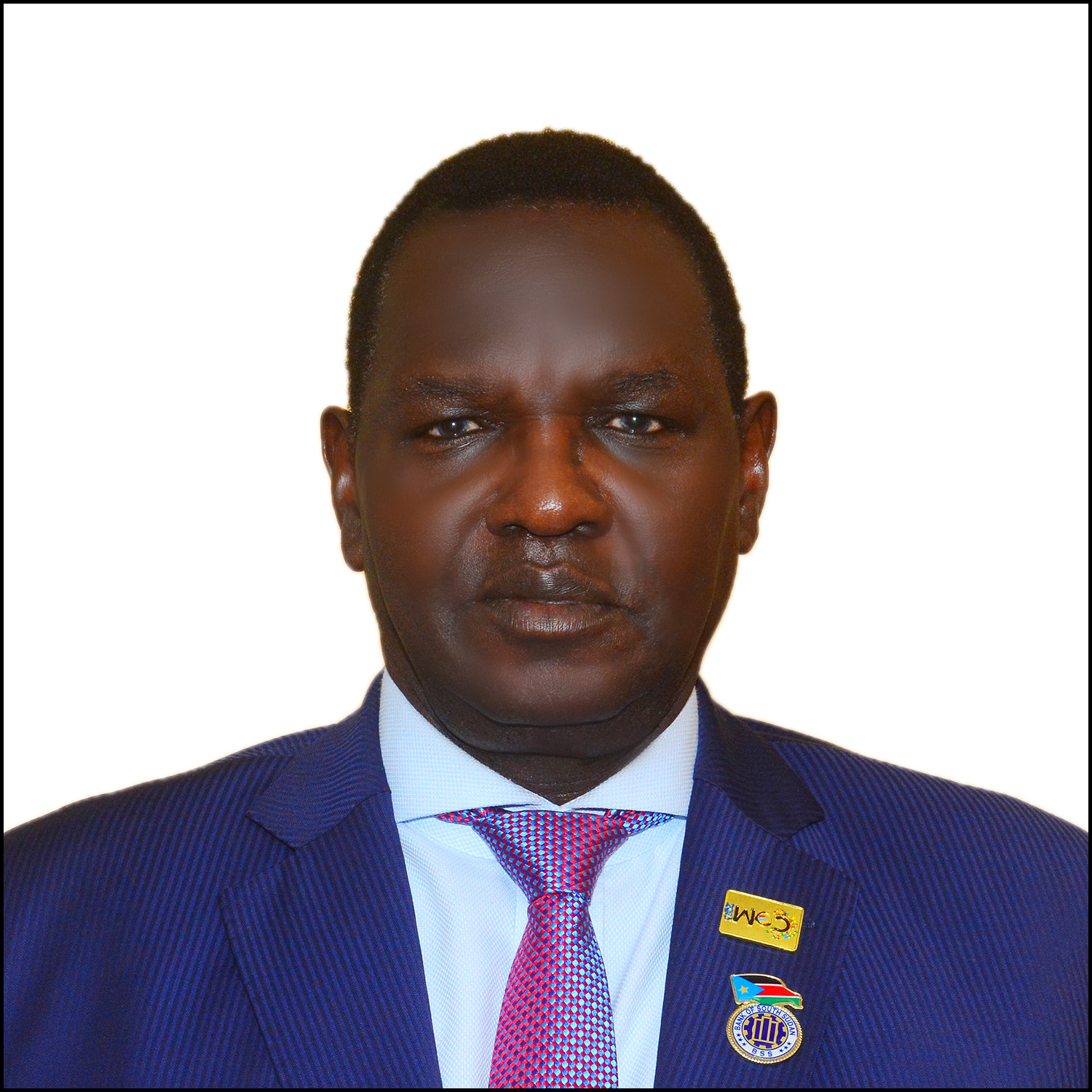Nigerians and Africans will never forget the Legendary Afrobeat Icon, Fela Anikulapo Kuti, as long as the continent continues to exist.
Almost 26 years after the demise of the Legendary Icon, Fela is still remembered as an influential hero who voiced his opinions on issues bothering Nigeria through music.
He was referred to as one of Africa’s most “challenging and charismatic music performers.” All Music described him as a musical and socio-political voice of international significance.
He was born on the 15th of October 1938, in Abeokuta, the Ogun State Capital in Western Nigeria.
Fela was the son of a feminist and labour activist, Fumilayo Ransome-Kuti. Fela’s Mother, Fumilayo was an outspoken critic and a target of Nigeria’s military juntas.
The Afrobeat Legend, Fela died in Lagos on the 2nd of August 1997, after a long illness. Before his death, Fela was known as a Nigerian musician, bandleader, composer, political activist, and Pan-Africanist.
To date, he is regarded as the pioneer of Afrobeat, a Nigerian music genre that combines West African music with American funk and jazz.
Fela’s Life on Earth
During his youthful ages, Fela attended classes for piano and percussion lessons.
He was at Trinity College in London where he majored in classical music.
In the mid-1960s, he revived Koola Lobitos, a band he had previously played with in London. He combined traditional Yoruba music with American blues, jazz, and rock.
After he returned to Nigeria from London in 1967, Fela changed his middle name from “Ransome” to “Anikulapo” which means “he who carries death in his pocket”.
In 1970, he founded the Kalakuta Republic commune, which declared itself independent from military rule.
His band, Africa 70, shot to stardom in West Africa with his biggest fan base being the commoners , as his music addressed issues important to the Nigerian underclass. He was known as a cultural rebel.
Because of the nature of his music, which drives social activism, he ran into trouble on many occasions with the military regimes in Nigeria.
The government-sanctioned attack on his Kalakuta compound in 1977 severely damaged his studio, destroyed his master tapes and left him with a cracked skull and shattered bones.
The Nigerian Government was bent on destroying the afrobeat Icon not minding if it would lead to his death.
The attack on his Kalakuta Republic drove Fela into exile in Ghana and later returned to Nigeria in 1978.
In 1979, he founded his political organization, MOP (Movement of the People), and renamed his band Egypt 80.
Between 1980 and 1983, Nigeria was under civilian administration, and Fela was able to record and tour nonstop during this period.
After the military government was reinstated in 1983, in 1984, Fela was convicted of ten years in jail for money smuggling.
He was released in 1985 with the help of Amnesty International.
After his release, Fela released albums about the sufferings of African women.
Throughout the 1990s, Fela’s musical output decreased due to the illness that led to his death.
The Legendary Afrobeat singer was known to have married about 27 women, although, Fela later divorced most of these women.
The women lived with him in his home, Kalakuta Republic, which made it look like a little village.
A lot of the women that Fela married were his dancers, composers and vocalists.
He married his first wife, Remilekun Taylor in 1969, before getting married to the other 26 women in 1978.
Fela cleared the air about him marrying these women traditionally. He said it was to correct the rumour that was making the rounds that he kidnapped those ladies, and also a way of commemorating the anniversary of the attack on the Kalakuta Republic in 1977.
After Fela’s death, his home and revolutionary headquarters were turned into a museum. A place where his fans can experience his life. The Kalakuta Museum now houses interesting relics of this intriguing figure.
Till today, millions of Africans still regard Fela Kuti as a hero for his contributions to society as the originator of Afrobeats, a social critical political activist, an advocate of the oppressed masses, and a philosopher of his political system. His music is adjudged to be relevant to date.
Fela was indeed great and till today, Nigeria, Africa and the world at large will never forget him because, through his songs and music, the Legendary Afrobeat Icon lives on.


